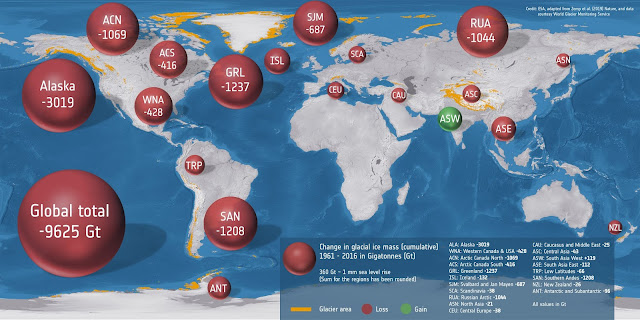Sustainable Product Cycle - No One is Excluded
Modern product lifecycle is a straightforward, continuous process - Design, Manufacture, Consume and Abandon. We, customers, are accustomed to this reckless way of modern consumption because the world, after the waste is thrown into trash cans, is unknown for most of us. This exhibition provokes a pioneering product cycle in which there is no death for the materials. It is a cradle-to-cradle process where everything is renewable and could be rendered new utilities. And thanks to a great number of innovators, we've seen this concept being embodied in various domains in our daily life:
Fabric
The textile industry is one of the industries which create a huge amount of waste and pollution during manufacturing. From a slice of fabric to fabulous garments hanging in the boutique, lots of byproducts are generated and then discarded. Since composed fibers have been widely used on modern clothes, there is also add-up complexity of fabric recycling. Nevertheless, through a series of elaborate process, those successfully recycled and decomposed fabrics are provided various textures and woven into gorgeous patterns, which could be found on clothing, bedding, furniture, and even clothes hangers later on.
Single material makes recycling easier and possible
Carton Box
The gaudy carton boxes are a quintessential landmark of Taiwanese fruit industry. Usually the box painting portraits exactly the fruits being carried; combined with eye-catching slogans such as “Delicious” or “Premium Quality” -extremely blunt but persuasive. At least one or two, these boxes seem to exist in every household even though in the end, fruits are no longer what they carry. With their durable texture and colorful outlook, why not turn them into the notebook covers or postcards? With their tantalizing appearances, taking note has never been so pleasing.
Fresh and sweet, also reusable
Compost
While many activists are dedicated to reducing the food waste, sometimes we forget that the waste, actually, can be the resource for our next meal. The Biovessel specializes in turning the food waste into the organic compost with the least effort. To set up the composting process, all we have to do is to fill some sawdust-soils and earthworms in the vessels before disposing of food waste and adding additional water into it. Through the endeavor of these tiny creatures, the nutrients-laden soils, which are perfect for our domestic farm, will be our disposal in just a few weeks. Who says being environmental-friendly is deemed to be dull and complicated?
Nature is our best partner for the sustainable cycle
Coffee Grounds
Coffee is the lifeline for modern citizens, in Taiwan, more than 300 million cups of coffee are sold annually; most of the coffee grounds wind up being thrown away. However, coffee grounds are extremely polyvalent - Coffee yarn for textile, coffee oil for cosmetics, coffee soap for hygiene. These examples prove that, in fact, the sustainable cycles are interwoven between food, tools, fabrics, and the new product lifecycle can start from any spots, but nothing is wasted.
Correct resourcing & Comprehensive processing
We live in an era where mindless consumption is encouraged and granted. There are always new collections to wear, new flavors to try, and new plays to watch. Certainly, we have the right to please ourselves, but we should bear in mind that every single purchase we make is shaping the future of our environment. Respect every penny you spend doesn't just mean chasing the EDLP, but really understanding where you are in the sustainable cycle. Above all, we all wish to be remembered by how we've contributed to this planet, rather than the detritus we left behind, don't we?
The Sustainable Design Exhibition is held at Taiwan Design Museum.
For more information: http://www.tdc.org.tw/17387
By Chris Chang x Green News Taiwan







Comments
Post a Comment